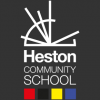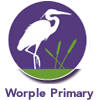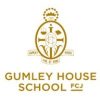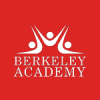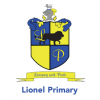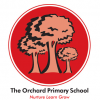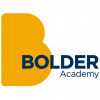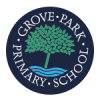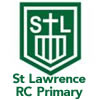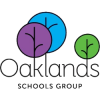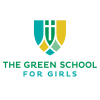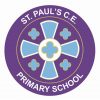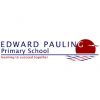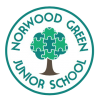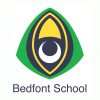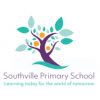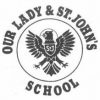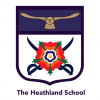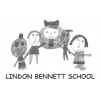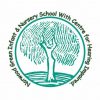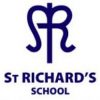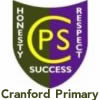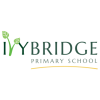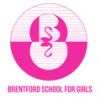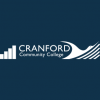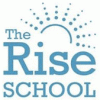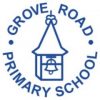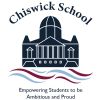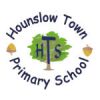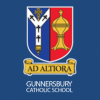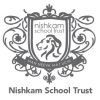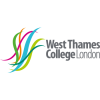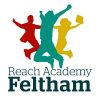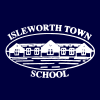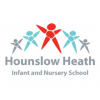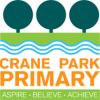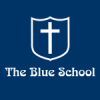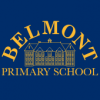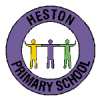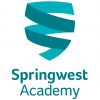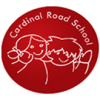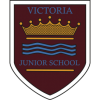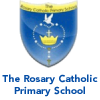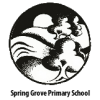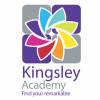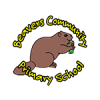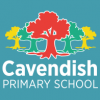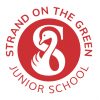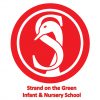Sarah Hubbard, Her Majesty’s Inspector (HMI), is Ofsted’s national lead for English, primary and secondary (as a subject). Here she writes on the English curriculum, books and the pleasure of reading.
Published: Wednesday, December 12th, 2018 at 3:26 PM
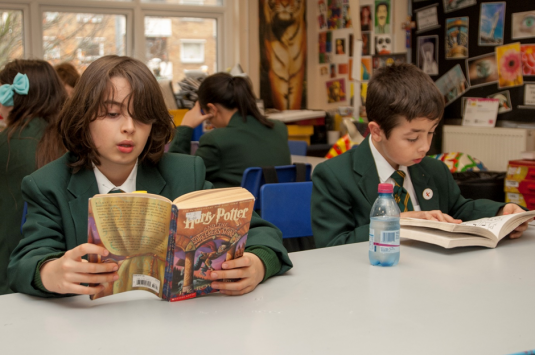 A year ago, I wrote a blog about the curriculum in English. I suggested that colleagues should be "bold and audacious" and it’s been a real pleasure to hear that this phrase resonates for many of you as you consider the rationale for your curriculum in the subject. Here are my thoughts a year on.
A year ago, I wrote a blog about the curriculum in English. I suggested that colleagues should be "bold and audacious" and it’s been a real pleasure to hear that this phrase resonates for many of you as you consider the rationale for your curriculum in the subject. Here are my thoughts a year on.
Research work
It’s been a great privilege for me to discuss the English curriculum with teachers, educationalists and pupils over the last year.
I’ve been involved in the research for all three phases of the curriculum survey. We recently published a commentary on phase two of the survey, which explores some of the influences on curriculum design. If you participated in our survey work, in any of the three phases, I would like to say a huge thank you. I personally found it fascinating and learned an enormous amount. I have had positive feedback from my discussions as an inspector, as national lead and on research visits. The consensus is that our focus on the curriculum is a good thing.
Choice of books
I’ve had more discussions about books than ever before, particularly about which texts are challenging, rich in vocabulary and meaning. I hear about old favourites being rediscovered and re-evaluated for teaching in key stage 3. Some of you have told me about giving the dustier volumes in your stock cupboard an airing. Not because there isn’t choice, but because they are exceptional books in their own right. There are many notable examples to pick from. A few of mine would include Paul Gallico’s The Snow Goose – an exquisitely moving tale which works on many levels and culminates in a tiny boat’s rescue mission to Dunkirk – Treasure Island by Robert Louis Stevenson and Elidor by Alan Garner.
Teachers tell me about the factors they consider when choosing plays, novels and poetry. For example, texts with adult themes do not always offer the challenge and richness of language alluded to in the KS3 English programme of study. It’s not as simple as moving KS4 books into KS3. Colleagues talk to me about the different kinds of knowledge that pupils need in order to access more challenging books, including gaining an understanding of vocabulary. This knowledge is more than facts about literary contexts or dictionary definitions of words. Teachers also reflect on how they can help pupils to read books as writers, viewing them as inspiration for the style and content of their own writing.
The best that has been thought and said
I was very pleased to read the thoughts of Her Majesty’s Chief Inspector (HMCI), Amanda Spielman, about the books that pupils read as part of the curriculum in a recent Observer article. She commented on "the tendency to use texts, even in secondary education, that only require a reading age of 10 or 11". I am sure this struck a chord with many. As part of my national lead work, I have been talking with colleagues about some of the issues HMCI raises in this article.
Teachers from schools serving areas of profound disadvantage have been most insistent that their role is to introduce pupils to what they do not know, rather than what they know already. After all, the overarching aim of the national curriculum is to "introduce pupils to the best that has been thought and said and help engender an appreciation of human creativity and achievement".
The joy of teaching English
Some may argue that the books I’ve mentioned are irrelevant to the lives of most pupils. That they’re too intellectually demanding and inaccessible. English teachers know that this is not how literature works.
The joy of teaching English is that what you get is so much more than what you see. Great books enable us to see through "a glass darkly". They do not provide a photographic representation of our own lives. They use language and invention to give us a glimpse of universal truths: a sense of who we are, and what we can become.
As FR Leavis says in The Great Tradition, a book of literary criticism, great writers "are significant in terms of the human awareness they promote; awareness of the possibilities of life". And great curriculums give all pupils the chance to read and understand the stories, poems and plays that best do this.
This blog was originally published on the TES website






